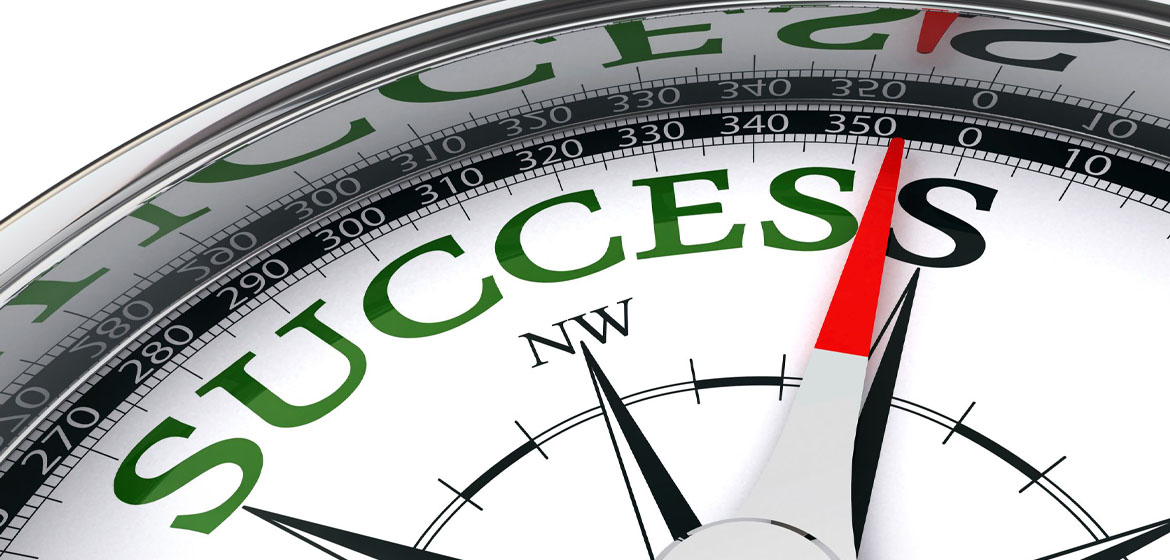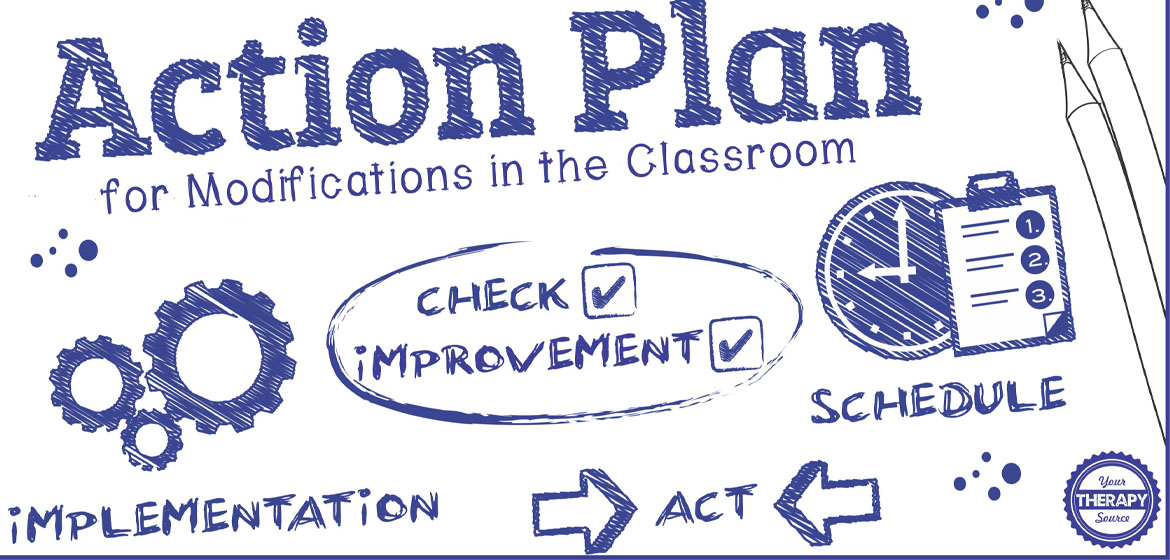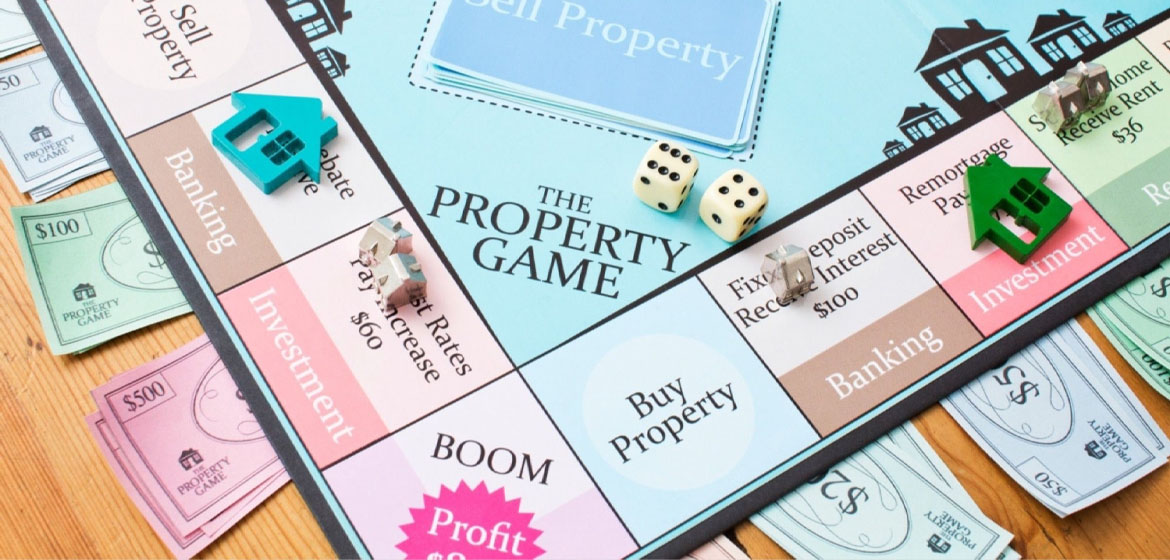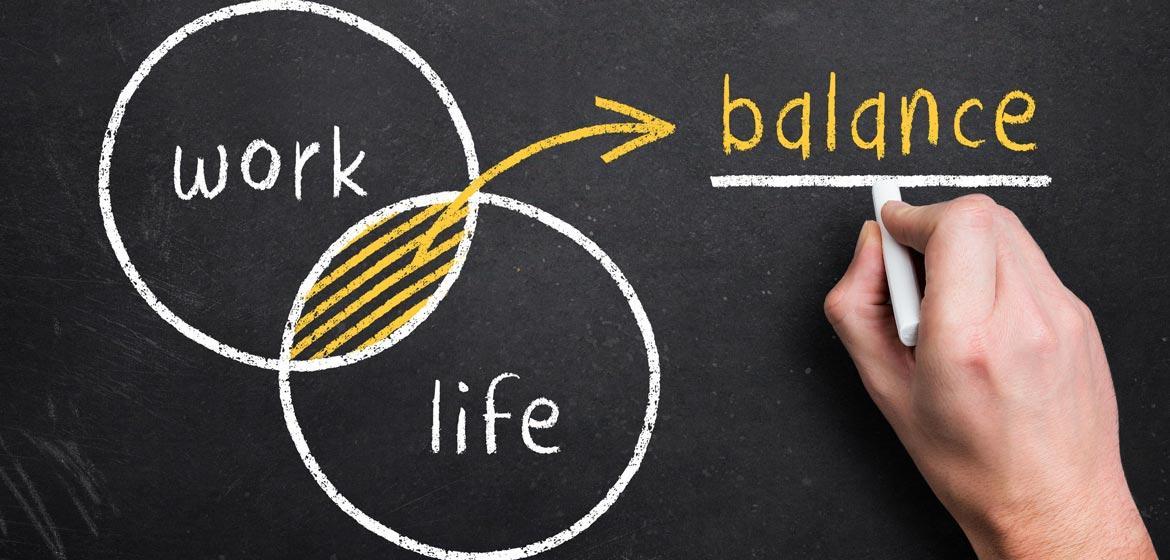There was a time..
A time when the boundaries between work and home were fairly clear. Today, however, work is likely to invade your personal life and maintaining work-life balance is no simple task. Still, work-life balance is not out of reach. An important part of building a happy life is creating a balance among work, personal, and family needs that allows you to pursue your dreams, achieve your goals, and improve your physical and emotional well-being.

Today, many people feel that their lives are out of balance. Their priorities always seem to be competing with many areas of their life, perhaps they enjoy career achievements but can’t find the time to exercise, or their work seems to be interfering with having a loving family life. Whatever type or degree of work-life imbalance you might be experiencing, this article will assist you in creating the balance that is best for you.
Work life balance often seems too vague. In fact, many people think getting balance in their lives is an unobtainable goal. Your journey towards work life balance begins with the development of 3 essential things:
- Awareness
- Choice
- Trust
- Awareness
If you want to achieve a work life balance, your first step is to develop awareness. You have to become aware of your surroundings, the positive aspects as well as the negative things. Cultivating awareness will in turn lead to more choice in your life.
Choice
The ability to choose is very important to everybody. Choice allows you to create the life you want. Developing effective work life balance will require you to make choices based on information about your life and your world.
Trust
By raising your awareness and increasing your choices, you will increase your ability to trust in yourself. Your life is in your hands. Once you know that you have what it takes to achieve a work life balance that works for you, you’ll trust yourself to make good choices in other areas of your life.

A Positive Approach
Sometimes it seems like we have no control over the factors that affect our work life balance. While it is true that there are some external factors that you cannot affect, you have more control than you think.
If we put all factors involved in a formula, then it would look like the following:
Positive Mental Attitude + Positive Mental Action = Impossible is Nothing!
Many people find that they focus on positive thinking without seeing any positive changes happening in their lives. They may believe for a few moments that the car will miraculously wash itself, just by thinking about it! :) They soon realise that positive thinking alone is not enough! A more correct approach is to combine positive thinking with massive action. Attitude plus Action gets things done. You need to think positive so that you can carry out the required positive action.
Balance is something that is so hard for us to achieve; and yet, so necessary. The importance to find time for fun and relaxation seems to be forgotten among the demands of work and responsibility. So often we give into what is expected of us pushing aside our own needs for down time.
We are constantly pulled in two directions. On one side are our responsibilities. They tell us about those assignments due at work and about promises made to friends and family that must be fulfilled. It all seems overwhelming, but it is our duty to meet these obligations.
On the other hand is the need to take time to breathe. To simply enjoy reading a good book or to watch the movie everyone has been talking about. There may even be the thought of a holiday.
Most of us go back and forth like the waves of the ocean. It seems like every time we accomplish a goal, our duties pull us back. In our heads we go over to our “to do” list, but at the same time think about how important it is to take time for ourselves in order to reduce stress and relax. This is always followed by, “I’ll make some time to relax after I do A, B, C, and part of D.” By then the only reason we may take some time off is because of over exhaustion. Even then we still try to push more!
It shouldn’t be such a struggle. Like the ocean we should learn to accept the flow of the push and pull. Try to remember that “yes” there are responsibilities and deadlines to be met, but if you push too hard you’re going to run your body down and nothing is going to be accomplished. Think of your physical, mental, and emotional health in terms of Newton’s First Law:
“For every action there is an equal and opposite reaction.” Basically this means you can only push so hard before something breaks.
There are two schools of thought as to how to handle free time. One says that it is important to be spontaneous about relaxation. The other says that setting aside time specifically to relax is better. Both schools of thought have their good and bad points.
Being spontaneous about relaxing and having fun is great because it’s an unexpected luxury. Living in the moment gives that freeing feeling that all of us enjoy. It makes you feel like a kid again doing what you want to do where fun is the only objective.
On the other hand planning for free time gives you something to look forward to. Knowing that something pleasant is coming makes it easier to get through your tasks because there is always a light at the end of the tunnel.
Check out the diagram regarding the wheel of life just to get an idea whether your life is currently in balance. Each segment of the wheel represents an area of your life. Consider each section - how satisfied are you with all these areas of your life? Are you putting as much time, energy and attention into these areas as you would like? The centre of the wheel is 0 and means you are totally dissatisfied; the outer edge is 10 and represents full satisfaction and achievement. Decide your degree of satisfaction from 0 to 10 and mark it on the relevant spoke. Now draw a line to join your degree marks together. How balanced is your life? Which areas make you happy, satisfied and fulfilled? Which areas need improvement? This is the first exercise that my clients take before they embark on an executive coaching service package.
Techniques for improving work life balance include the following:

Leave the office early
Easier said than done but if you set a departure time as a clear goal very early on you can do it. If you set an absolute time to leave earlier in the day, that time serves as a deadline to get your tasks done for the day, making you stay more focused throughout the day. Your reward is to actually get out of the workplace at a reasonable time.
Turn off any communication links after you leave the office
Don’t check that email when you are at home. Don’t leave the office mobile switched on. Leave your office mobile at work or just turn it off when you leave and deal with any problems when you return at work.
Manage your time
Organise household tasks efficiently, such as doing a load of laundry every day, rather than saving it all for your day off. Put family events on a weekly family calendar and keep a daily to-do list. Do what needs to be done and let the rest go. Limit time-consuming misunderstandings by communicating clearly and listening carefully. Take notes if necessary.
Get involved in a personally important project outside work
Some people tend to get absorbed in their job because they don’t have a meaningful element of their life outside of work, so they let their job become their life. Over the long run, this is dangerous, as it wears you down. A much better approach is to find a major project to involve yourself in outside of work, for example a community group, a volunteer project, or something around personal growth.
Don’t overbook your schedule
The problem is that things rarely go according to plan and that means a lot of time chasing down appointments, unreturned phone calls and other items. Don’t try to plan on doing too many things and assume that only 50% of the things you plan on doing today will actually get done. If you don’t, you’ll just waste valuable time trying to find out why things didn’t happen.
Slow Down
Life is simply too short, so don’t let things make you nervous. Take steps to stop and enjoy the things and people around you. Schedule more time between meetings; don’t make plans for every evening or weekend, and find some ways to distance yourself from the things that are causing you the most stress.
Examine your life
Examine your life regularly. Use your free time as a time of reflection. Often our lives become derailed from the track we set it on, and as a result we don’t realize where our lives are going until we really examine them. Or we can get so caught up in a routine that we don’t realize that we can change it. Regular self reflection is the answer: think about how your life is going, how you’re spending your time, and decide whether you need to make changes. Then schedule time to make those changes immediately or make the changes right away if possible.
Final words
Remember, finding a healthy work-life balance isn’t a one-shot deal. Creating work-life balance is a continuous process as your family, interests and work life change so periodically examine your priorities and make changes if necessary, to make sure you’re keeping on track.



